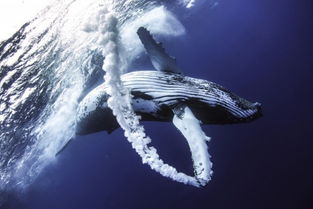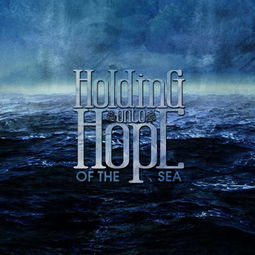The Art of Fishing by the River: Essential Techniques to Boost Your Catch
Nestled amidst the tranquility of nature, rivers offer some of the most serene and rewarding fishing experiences. Whether you're a seasoned angler or a beginner looking to cast your line, mastering the art of fishing by the river can elevate your experience and increase your chances of a successful catch. Here are some essential techniques to help you become a river fishing pro.
Choosing the Right Spot
The first step in river fishing is selecting the perfect spot. Look for areas where the river currents slow down, as these are often rich in food and, consequently, fish. Here are some key spots to consider:
- Eddies: These are calm areas found behind rocks or around bends in the river. Eddies are like natural holding spots for fish, as they provide a safe haven from the stronger currents.
- Bends: The areas where a river makes a turn are known as bends. These spots are often rich in nutrients and attract fish.
- Shallow Areas: Fish often move into shallow areas to feed, so these spots can be productive, especially during low-light conditions.
Understanding Currents and Tides
Rivers are dynamic environments, and understanding the currents and tides is crucial for successful fishing. Here's what you need to know:
- Currents: Currents can affect the way fish move and feed. Learn to read the river's flow and position yourself accordingly. For instance, fish may move against the current to feed on insects or small fish.
- Tides: If you're fishing in a tidal river, the ebb and flow of the tide can significantly impact fish activity. Typically, fish are more active during the high tide, as this brings in more food.
Using the Right Gear
The right gear can make a big difference in your river fishing experience. Here are some essential items to consider:
- Rod and Reel: Choose a rod and reel that match the type of fish you're targeting. For instance, a spinning rod and reel are versatile and suitable for a wide range of fish species.
- Line: Use a line that matches the river's conditions and the fish you're targeting. Monofilament line is durable and versatile, while fluorocarbon line is less visible to fish and better in clear water.
- Hooks: The size and type of hook you use depend on the fish you're after. Lighter hooks are better for delicate fish, while heavier hooks are suitable for stronger, larger fish.
- Lures and Baits: The right lure or bait can entice fish to bite. Live bait, such as worms or minnows, can be effective, but artificial lures like spinners, spoons, and flies can also be productive.
Fishing Techniques
Once you have the right gear and have chosen a good spot, it's time to apply some fishing techniques:
- Presenting Your Bait: When fishing by the river, it's essential to present your bait or lure in a way that mimics the natural movement of fish. This may involve casting upstream and letting your line drift with the current, or using a retrieve technique that mimics the movement of prey.
- Patience and Observation: Fishing requires patience. Spend time observing the water and the behavior of fish. Look for signs of feeding, such as rises or disturbances in the water.
- Adjusting Your Approach: If you're not having luck, don't be afraid to change your approach. Try different lures, bait, or techniques to see what works best in your current environment.
Safety Tips
Safety should always be a priority when fishing by the river. Here are some tips to keep you safe:

- Stay Hydrated: The sun can be intense by the river, so drink plenty of water to stay hydrated.
- Wear Sun Protection: Apply sunscreen and wear a hat to protect yourself from the sun's rays.
- Be Aware of Your Surroundings: Pay attention to your surroundings, especially when wading through the river. Look out for slippery rocks, fast currents, and other hazards.
Conclusion
Fishing by the river can be a deeply rewarding experience, offering a chance to connect with nature and enjoy the peace and tranquility of the water's edge. By mastering the essential techniques outlined in this article, you'll be well on your way to becoming a river fishing expert. Remember to always respect the environment and the fish you're targeting, and you'll find that river fishing is a hobby that can bring you years of enjoyment and memorable moments. Happy fishing!












